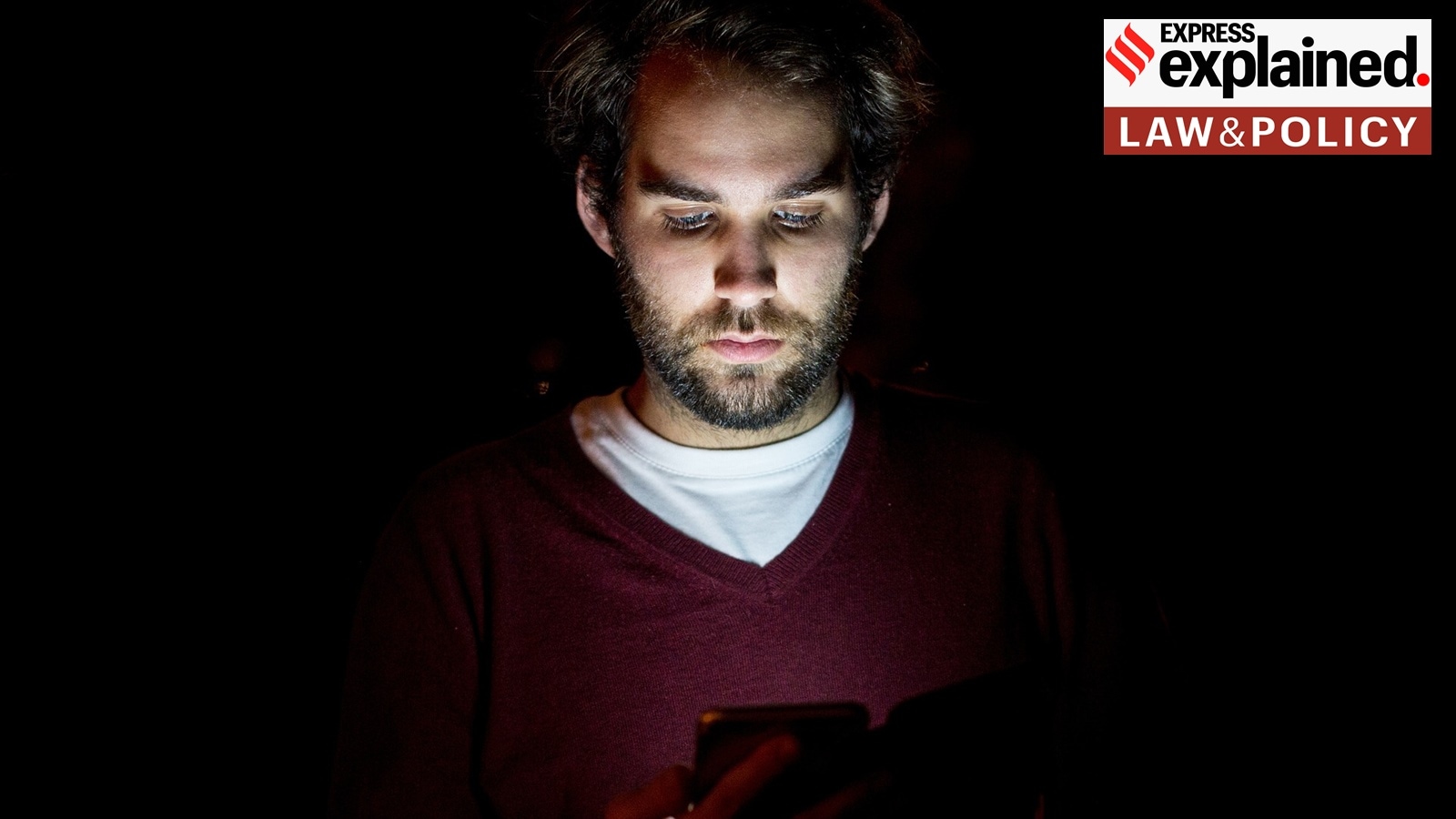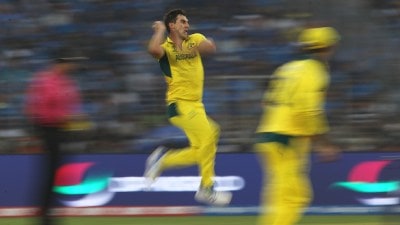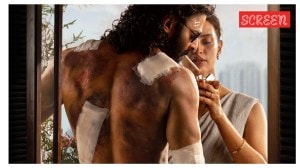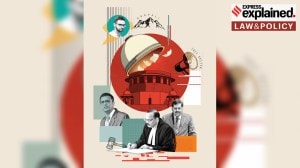Is it illegal to watch child pornography? Supreme Court hears petition
The Supreme Court is hearing a petition that challenges a Madras High Court order that quashed criminal proceedings against a 28-year-old man for downloading child pornography videos from the Internet.
 Section 67-B of the IT Act punishes the publishing, transmitting, or creating of material depicting children in sexually explicit acts in electronic form with five to seven years of imprisonment and a fine that can extend up to Rs 10 lakh. (Representational image/Pixabay)
Section 67-B of the IT Act punishes the publishing, transmitting, or creating of material depicting children in sexually explicit acts in electronic form with five to seven years of imprisonment and a fine that can extend up to Rs 10 lakh. (Representational image/Pixabay)The Supreme Court on Monday (March 11) agreed to hear a plea challenging a Madras High Court order, which had said merely downloading and watching child pornography is not an offence under the Protection of Children from Sexual Offences (POCSO) Act, 2012, and the Information Technology (IT) Act, 2000.
A bench of Chief Justice D Y Chandrachud, Justices J B Pardiwala, and Manoj Misra called the January 11 Madras HC order “atrocious”. It also sought a response from the Tamil Nadu government on a petition filed before the top court on the Madras HC ruling.
What is the petition?
Two child welfare NGOs filed the plea, the ‘Just Rights for Children Alliance’ of Faridabad and the New Delhi-based ‘Bachpan Bachao Andolan’.
It said the Madras HC’s ruling that watching child pornography doesn’t fall within the scope of the POCSO Act could have a harmful impact on child welfare.
Representing the NGO coalition, Senior Advocate H S Phoolka argued that the order was also contrary to the established law in this regard. Taking note of the arguments, the Supreme Court issued notice on the plea and listed the matter for further hearing on April 5.
What did the Madras HC rule?
In S. Harish vs. Inspector of Police and Another, the Madras HC quashed criminal proceedings initiated by the Ambattur police against a 28-year-old man booked under the POCSO and IT Act(s) for downloading child pornography videos from the Internet.
In doing so, a single judge bench of Justice Anand Venkatesh ruled: “The materials that have been placed before this Court do not make out an offence against the petitioner under Section 67-B of Information Technology Act, 2000, and Section 14(1) of Protection of Children from Sexual Offences Act, 2012.”
Justice Venkatesh also said although Section 67-B of the IT Act is “widely worded”, it does not cover cases where a person has merely downloaded child pornography on his electronic gadget and watched the same without doing anything more.
Section 67-B of the IT Act punishes the publishing, transmitting, or creating of material depicting children in sexually explicit acts in electronic form with five to seven years of imprisonment and a fine that can extend up to Rs 10 lakh.
Section 14 of the POCSO Act prescribes punishment for using a child for pornographic purposes. Section 14(1) states that “Whoever uses a child or children for pornographic purposes shall be punished with imprisonment for a term which shall not be less than five years and shall also be liable to fine, and in the event of second or subsequent conviction with imprisonment for a term which shall not be less than seven years and also be liable to fine”.
Observing that “Generation Z” children are grappling with porn addiction and that society must properly educate them instead of punishing them, the Madras HC advised the accused to attend counselling if he’s still “afflicted with his addiction.”
The court also relied on a Kerala HC ruling which said watching pornography in private did not constitute an offence under Section 292 of the Indian Penal Code (IPC) that pertains to the sale of obscene books, objects, etc. The provision states that for something to be obscene, it must be “lascivious” or “prurient” or would deprave or corrupt someone. However, since these terms are not clearly defined, there is room for interpretation by the courts, the order said.
What does the law say about viewing child pornography in India?
Although the Kerala High Court ruling rightly said watching porn isn’t an offence in itself, the situation differs in cases of viewing child pornography.
This is because Section 67-B of the IT Act punishes all kinds of acts pertaining to child pornography, including watching child pornography. A close look at the provision reveals that it punishes five categories of people involved in child pornography.
The first is persons publishing, transmitting, or causing child pornographic material to be published or transmitted in electronic form. The second category of persons penalised under this provision pertains to those who create text or digital images or collect, seek, browse, download, advertise, promote, exchange, or distribute such material in electronic form.
Meanwhile, the third category concerns those who cultivate, entice, or induce children into online relationships with one or more children for sexually explicit acts or in ways that may offend reasonable adults “on the computer resource.” Similarly, the fourth and fifth categories pertain to persons facilitating child abuse online and those recording “in any electronic form” their own abuse or that of others relating to sexually explicit acts with children.
In June 2021, the Madras HC in PG Sam Infant Jones v. State had to deal with a case where the accused had browsed, downloaded, and transmitted child pornographic material by using a SIM card through his email and Facebook account.
In his ruling, Justice G R Swaminathan noted that there is no provision in law that prohibits viewing pornography privately. There is, however, a distinction between pornography and child pornography. He said the latter “falls outside this circle of freedom” due to the existence of Section 67-B of the IT Act, which penalises “every kind of act pertaining to child pornography,” and concluded that “even viewing child pornography” is an offence. As a result, the accused was held guilty.
- 01
- 02
- 03
- 04
- 05






































